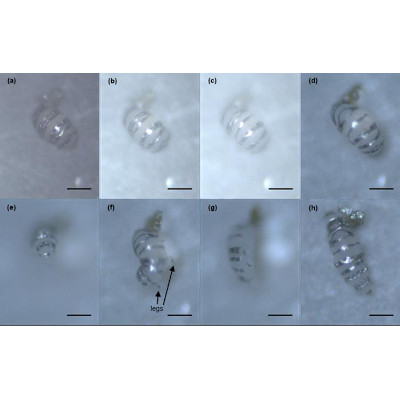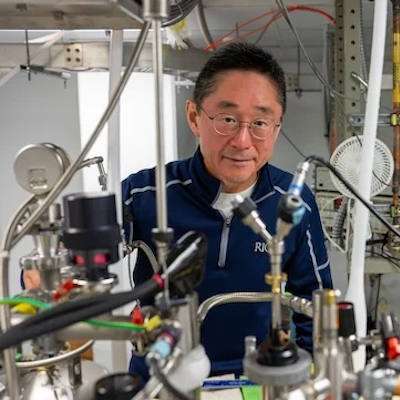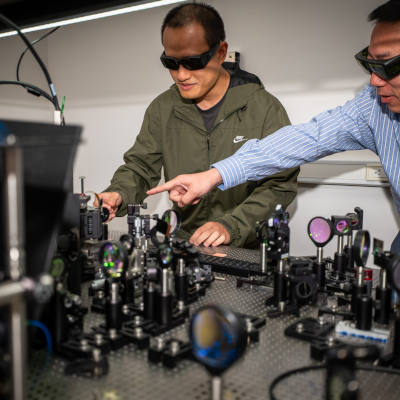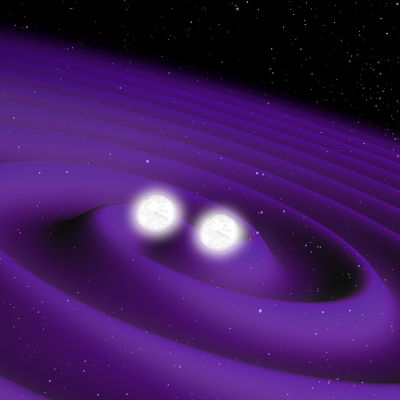Supercomputer simulation of molecular dynamics wins the Gordon Bell Prize
Nov. 25, 2024.
2 mins. read.
8 Interactions
Molecular dynamics researchers have won the 2024 Gordon Bell Prize, which is like the Nobel Prize for high-performance computing (HPC).
Researchers led by Giuseppe Barca from the University of Melbourne have won the 2024 Gordon Bell Prize, which is like the “Nobel Prize” for high-performance computing (HPC).
The annual Bell Prize recognizes outstanding work in using supercomputers to solve big problems in science.
The researchers describe their work in a paper titled “Breaking the Million-Electron and 1 EFLOP/s Barriers: Biomolecular-Scale Ab Initio Molecular Dynamics Using MP2 Potentials,” presented at Supercomputing 2024. In simple terms, they developed innovative methods for supercomputers to simulate what happens to molecules in living things.
The researchers used a supercomputer called Frontier. They created software that can accurately show how drugs work inside the body, much like watching a live experiment. This helps scientists see how drugs might break or form bonds with other molecules, which is super important for making new medicines.
Thanks to this work, new drugs can be made faster and at a lower cost. It’s especially helpful for diseases that are hard to treat because now, scientists can test many more ideas on the computer before trying them in real life.
Barca co-founded a company named QDX, which uses this kind of computer simulation to help design new treatments. This company is already working with other businesses around the world to bring these new methods into practical use.
The website of the Association for Computing Machines (ACM), the organization that awards the Bell Prize, gives more technical detail.
Molecular dynamics is a computer simulation method that helps scientists understand how atoms and molecules move. One key technique, Ab Initio Molecular Dynamics (AIMD), starts from basic physical laws to predict molecular behavior.
The reserachers introduced a new molecular dynamics method to simulate over a million electrons on the Frontier supercomputer. Their work achieved simulations 1,000 times larger and faster than before, setting new standards in computational chemistry.
This could allow for more precise drug development, biofuel production, and material engineering, significantly expanding what’s possible in scientific research.
Let us know your thoughts! Sign up for a Mindplex account now, join our Telegram, or follow us on Twitter.


.png)

.png)


.png)






0 Comments
0 thoughts on “Supercomputer simulation of molecular dynamics wins the Gordon Bell Prize”